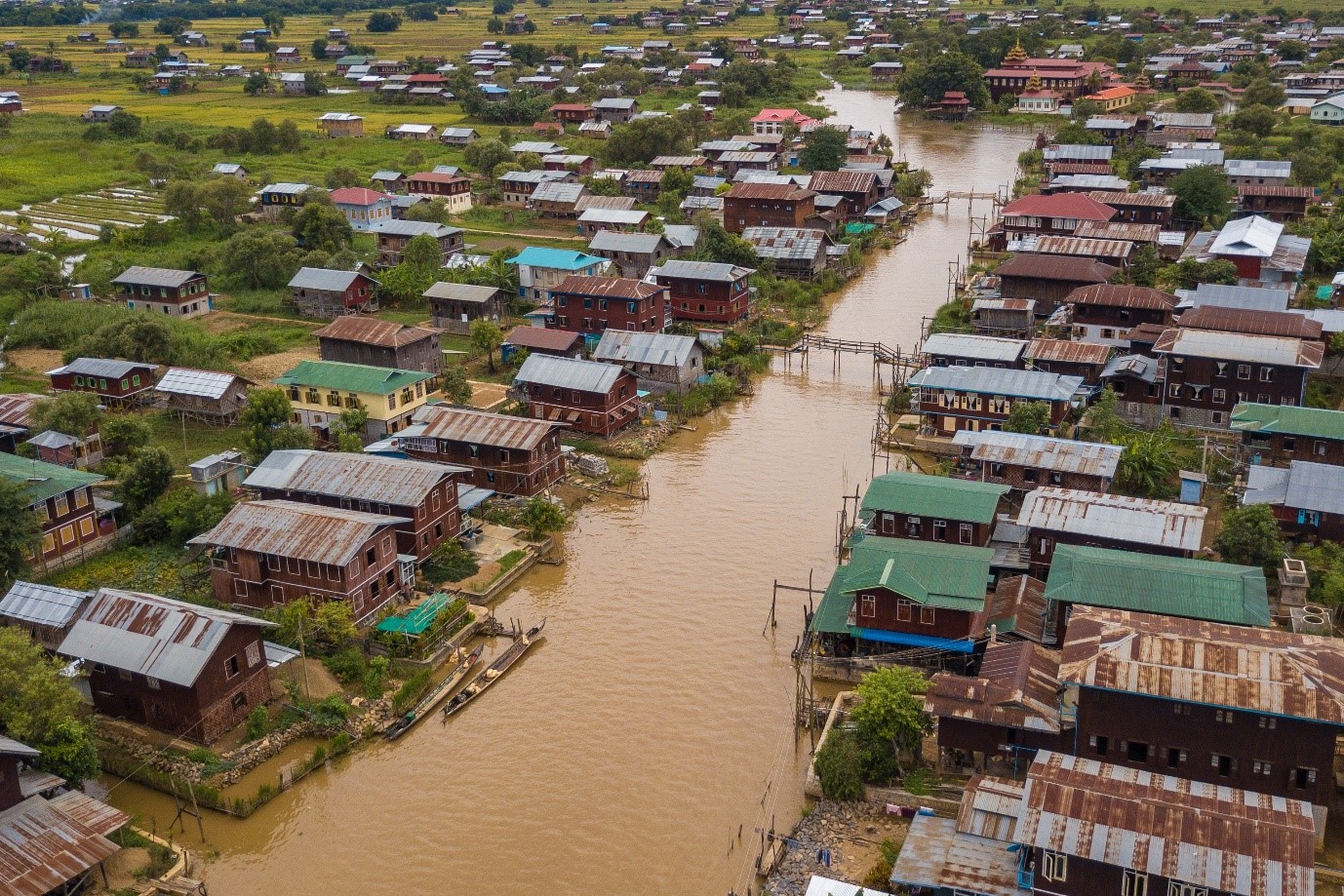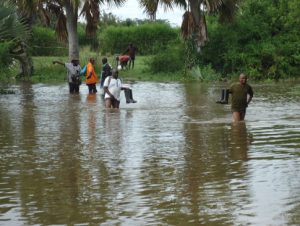In order to address the escalating flood situation in Sudan, where months of rain have killed at least 83 people and affected more than 146,000, Save the Children is urgently requesting additional funding. The humanitarian organization is on the ground giving families in Gezira and River Nile states in Sudan the critically needed shelter, hygiene, and health supplies, but claims that much more is needed to satisfy the expanding need. The organization is concerned that more people will perish and more homes will be destroyed in the following days and weeks since the rains are projected to linger until September.
More than 80 people have died as a result of Sudan’s current abnormally widespread floods, which are in their fourth year running and have destroyed roughly 44,000 homes nationwide due to above-average rainfall. The Save the Children staff has received reports of entire towns being submerged and of families losing everything. Six of the country’s 18 provinces have been placed under emergency rule by the authorities, with Central Darfur, South Darfur, the River Nile, and West Darfur among the worst-affected regions. Additionally, ongoing analyses show that substantial flooding has severely destroyed a number of localities in Gezira state.
Donors are being urged by Save the Children to acknowledge the seriousness of the flood catastrophe in Sudan and to send additional funding in order to meet the immediate needs of children and their families. With less than a third of the humanitarian response plan for Sudan now financed, there is an urgent need for improvements in health, housing, and child protection.
Sudan is especially vulnerable to the effects of climate disaster because extreme weather occurrences over a long period of time have reduced the country’s capacity to withstand shocks like floods and drought. The Sahara Desert has been moving southward in recent years, almost a mile every year, and the annual median rainfall has decreased by 15 to 30 percent. Sudan ranks in the top 20 nations in the world for damage from an increase in the frequency of significant flood occurrences.
According to Arshad Malik, Save the Children’s Country Director in Sudan, who is presently inspecting flood-affected villages in Gezira state, these are some of the worst floods seen in Sudan, and Sudan is no stranger to floods. Families are fleeing with nothing more than the clothing on their backs as entire neighbourhoods get submerged by rising waters. Rains are still falling and are predicted to continue into September, so this tragedy isn’t over yet.
Teams from Save the Children are present in the most severely impacted areas to provide relief to children in need. These men and women are risking their own necessities in order to help families and children escape the carnage and carry on. It’s one thing to experience such catastrophic flooding once every 100 years, but in Sudan, these floods are occurring more frequently and violently. Families cannot simply be counted on to recover from one disaster after another, even floods. While suffering the worst effects of the climate issue, Sudan and its neighbours in the region have made the least effort to solve it. For the benefit of the present and upcoming generations of children, Save the Children is urging the leaders of the world’s worst polluting nations, including government officials, big businesses, and affluent elites, to address the roots of the climate problem.
Simultaneously, millions of children’s lives in Sudan are in danger due to the biggest food crisis in decades. Nearly 12 million people, or a quarter of the population, are experiencing severe food shortages as a result of the combined effects of violence, climate change, COVID, and the price of inflated food prices.
For almost 40 years, Save the Children has been working in Sudan, implementing life-saving initiatives all around the nation. It is presently providing assistance to kids and their families affected by a number of simultaneous crises, including conflict-related eviction, flooding, the COVID-19 pandemic, illness outbreaks, drought, and rapidly rising hunger.







